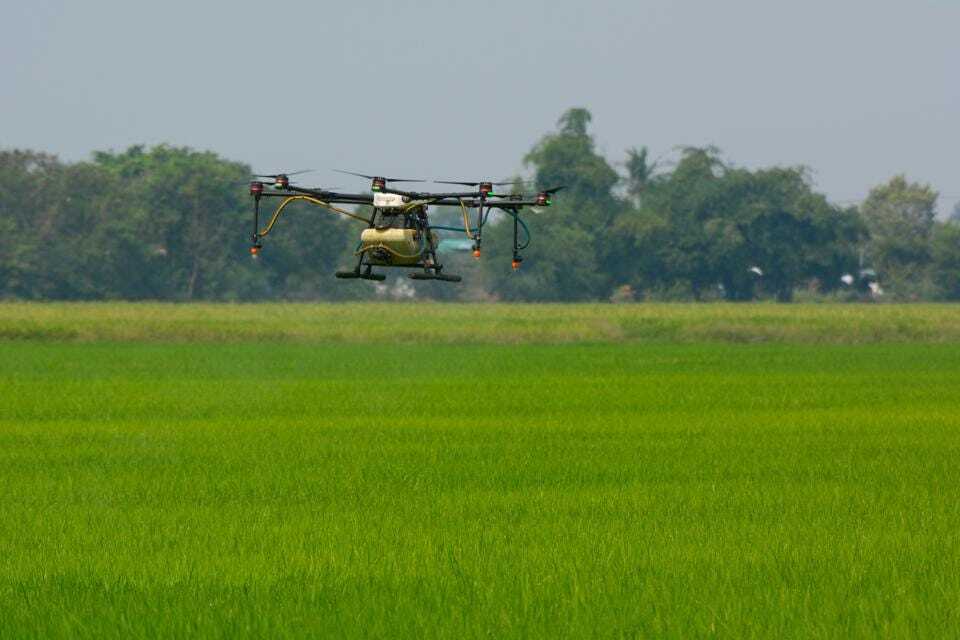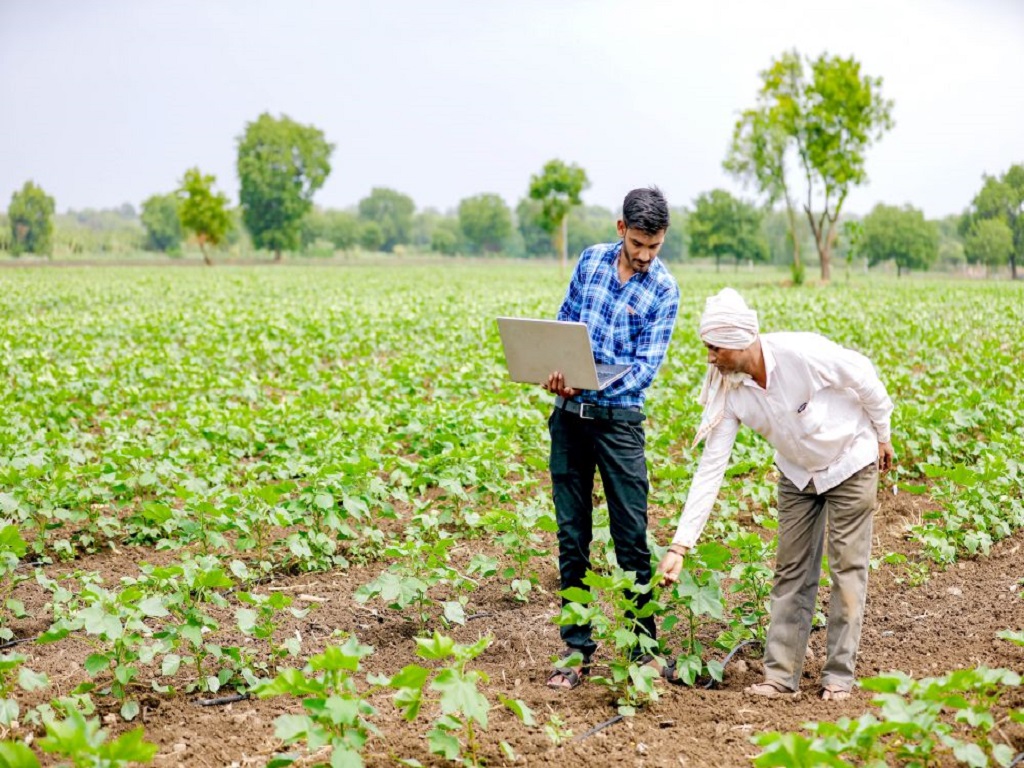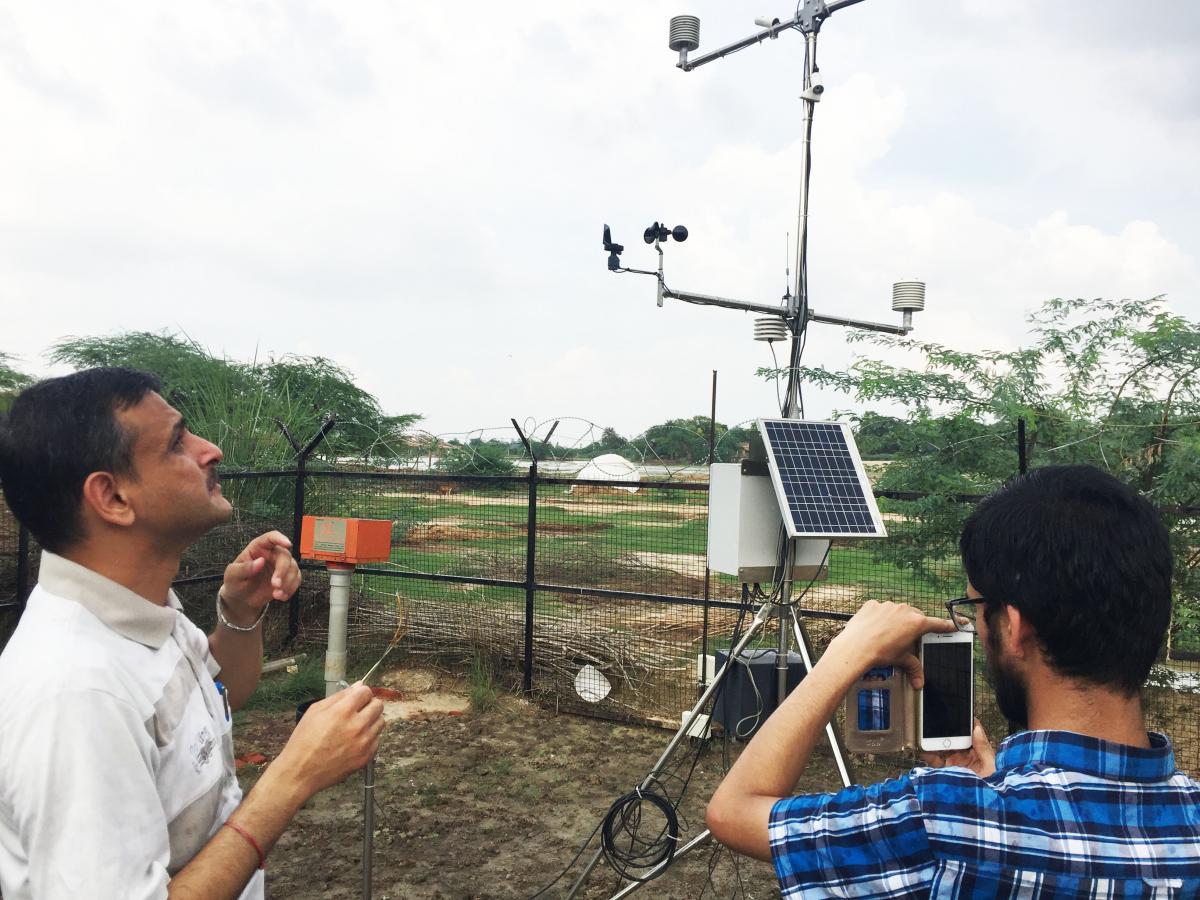+91-9848112020
Our Farmers Blog
Latest news about Farming
Indian civilization is one of oldest societies in the world and also Indian husbandry is also of the same age. Ancient Indian growers were relatively rich because husbandry was the most advanced and prestigious occupation of that time. Fifty per cent of the population is still dependent on husbandry and occupations related to husbandry. Indian traditions, customs
and religious culture were adversary affected along with husbandry due to foreign raiders and autocrats and our advanced husbandry lagged behind as compared to other countries. Agriculture technology and its nonstop development are of utmost significance for India The country has evolved from an agrarian frugality to a service- grounded frugality, and at the
same time, the agrarian sector is presently the main source of income for nearly 60 of India's population. Agriculture is thus one of the crucial sectors with enormous growth eventuality for the Indian frugality.
To promote development toward innovative husbandry, India has established one of the largest agrarian exploration systems in the world the National Agricultural Research System (NARS), which includes the Indian Council of Agriculture Research (ICAR) institutes and the State Agricultural Universities (SAU). NARS is designed to help insure India's tone- adequacy in food and to meet the country's requirements for agrarian technologies and information. As for ICAR, the panel supports agrarian startups
Especially agri-tech startups that use innovative styles. The backing comes under the National Agriculture Innovation Fund ( NAIF) design, which was launched in2016/17. The design has two backing factors the Innovation and Incubation Fund and the National Coordination Unit( NCU). The charge of the ICAR Incubator is to give services and specialized support to agri-tech startups and entrepreneurs
The government also intends to apply targeted programs to promote invention and agribusiness entrepreneurship. To this end, five expert centers and twenty- four agribusiness incubators have been established across India. fiscal support is also handed to establish and develop startups in agribusiness and agri-technology. Under this program, 779 startups have formerly been established, operating in the fields of husbandry and agri- technology. In addition to perfecting the technological capabilities of growers and their ministry, the growth of the agrarian sector is also linked to different operations in force chains – from product to processing and distribution to retail.
The compass for introducing new technology- enabled inventions in the agrarian sector is thus enormous. For generations to come, sustainability in husbandry will be consummate. After all, only through sustainable styles of innovative technologies can the vacuity of coffers continue to be guaranteed to a sufficient degree.
With the help of ultramodern technologies, husbandry can ameliorate its processes and manage and control its operations more fluently in the future. This, in turn, will help reduce overall water consumption, avoid inordinate use of fungicides and diseases in crop product, increase productivity and reduce product costs, help soil declination, reduce environmental and ecological impacts, and ameliorate the socioeconomic status of growers.
Technological advances allow growers to capture, fantasize, and assess crop and soil health through colorful digital husbandry operations grounded on remote seeing, ground detectors, unmanned upstanding photography, and request intelligence. This makes tilling further cost-effective and accessible, and allows it to be used at different stages of production. However, they can be resolved instantly, If any problems do during the process.






